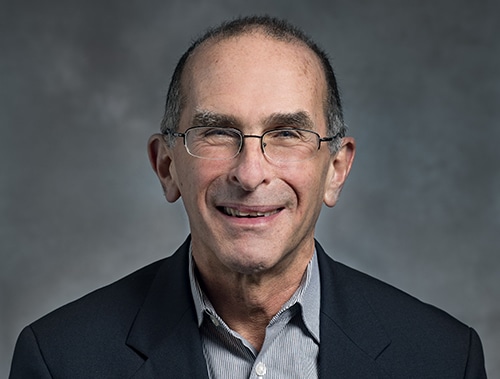Professor Dan Nagin
Daniel S. Nagin

Max Planck Law Fellow
Daniel S. Nagin is Teresa and H. John Heinz III University Professor of Public Policy and Statistics at the Heinz College, Carnegie Mellon University and Max Planck Law Fellow. He is an elected Fellow of the American Society of Criminology, American Association for the Advancement of Science, American Academy of Political and Social Science, and American Academy of Arts and Sciences, the recipient of the American Society of Criminology’s Edwin H Sutherland Award in 2006, the Stockholm Prize in Criminology in 2014, Carnegie Mellon University’s Alumni Distinguished Achievement Award in 2016 and the National Academy of Science Award for Scientific Reviewing in 2017 and 2021 President of the American Society of Criminology.
Email: dn03@andrew.cmu.edu
Max Planck Fellow Group
Guardianship, Reactive and Preventative
Ideally, crime and disorder are not prosecuted; they are pre-empted. Yet the police cannot (and should not) be everywhere. For the maintenance of social control, community guardianship is critical. Guardianship, a key element of informal social control, is central to two influential theories in criminology and sociology: routine activity theory and collective efficacy. Two distinct forms of guardianship, reactive and preventative, should be distinguished. Reactive guardianship involves an individual or a small group responding to an ongoing criminal incident or a potentially harmful situation for the purpose of disrupting it. People balance prosocial motivation to help others against safety and social costs associated with intervening. Preventive guardianship involves action by community members that prevent crimes from happening in the first place—the ideal outcome. My Max Planck Law Fellowship has focused on the decision-making process of private citizens to serve as both types of guardians. In the case of preventive guardianship, the research also focuses on the conditions under which it can be effective in preventing crime.
The Max Planck Law Fellow Group is headed by Professor Dan Nagin and brings together researchers from and under the direction of Professors Christoph Engel and Jean-Louis van Gelder.